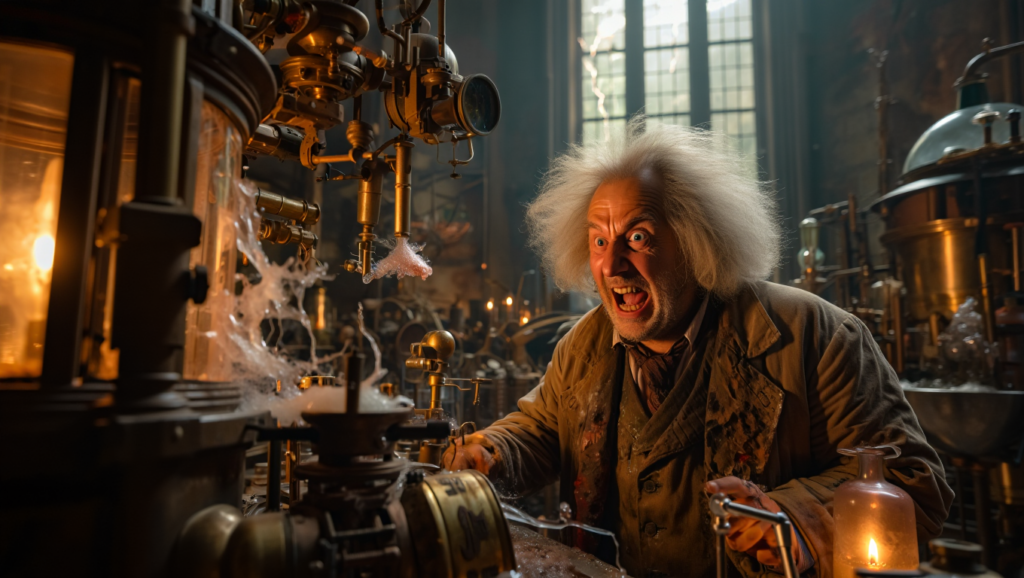Throughout history, some individuals have etched their names into the annals of time for their brilliant innovations, while others leave a more literal imprint on our planet’s atmosphere. Enter Thomas Midgley Jr., an American engineer and chemist whose groundbreaking inventions reshaped daily life but also burdened the environment with lasting consequences.
The Gasoline Visionary… Who Released Lead into Our Air
In the roaring 1920s, car engines faced a vexing problem: engine knocking. Not only was it an annoyance, but it also hindered performance and caused potential damage. Enter Midgley, a bright mind at General Motors, who proposed a seemingly brilliant solution: mixing tetraethyl lead into gasoline.
In an instant, smooth driving returned!
But the aftermath was anything but smooth. The toxicity of lead, particularly its impact on developing children’s brains, was soon uncovered. Nonetheless, the world quickly embraced leaded gasoline, leading to years of air pollution, contaminated soils, and a slew of health complications. Oops.
Freon: The Miracle Refrigerant… Until It Became a Plague
If unleashing lead into the environment wasn’t enough, Midgley was not finished. In the 1930s, he contributed to the creation of chlorofluorocarbons (CFCs), better known as Freon—a groundbreaking, non-flammable refrigeration solution.
Fast forward a few decades, and researchers discovered that CFCs were wreaking havoc on the ozone layer, Earth’s natural sunscreen. What followed was a wave of panic and an urgent need to ban these chemicals.
A Tragic and Unusual Departure
Midgley’s life concluded as dramatically as the inventions he birthed. In 1940, polio left him gravely disabled, but true to his inventive spirit, he devised an intricate system of ropes and pulleys to assist with moving in bed. Tragically, in 1944, this very contraption led to his accidental strangulation—or, as some suggest, a deliberate act of suicide.
The Nuanced Legacy of an Incomparable Innovator
Awards? He collected numerous accolades, including the impressive Perkin and Priestley Medals. Yet fame can be a double-edged sword. Environmental historian J.R. McNeill once remarked that Midgley “had more impact on the atmosphere than any other single organism in Earth’s history,” marking a legacy that falls short of childhood dreams.
Final Reflections: The Cautionary Chronicle of Ingenious Missteps
The tale of Thomas Midgley Jr. is as captivating as it is sobering. It serves as a powerful reminder that while human innovation can be extraordinary, it often comes with unintended—and sometimes devastating—consequences.
Today, his name may not resonate like those of Einstein or Edison, but his influence? We certainly feel it, especially with every breath we take.
The lesson here? Intelligence is commendable, but being both smart and responsible is even more crucial.







